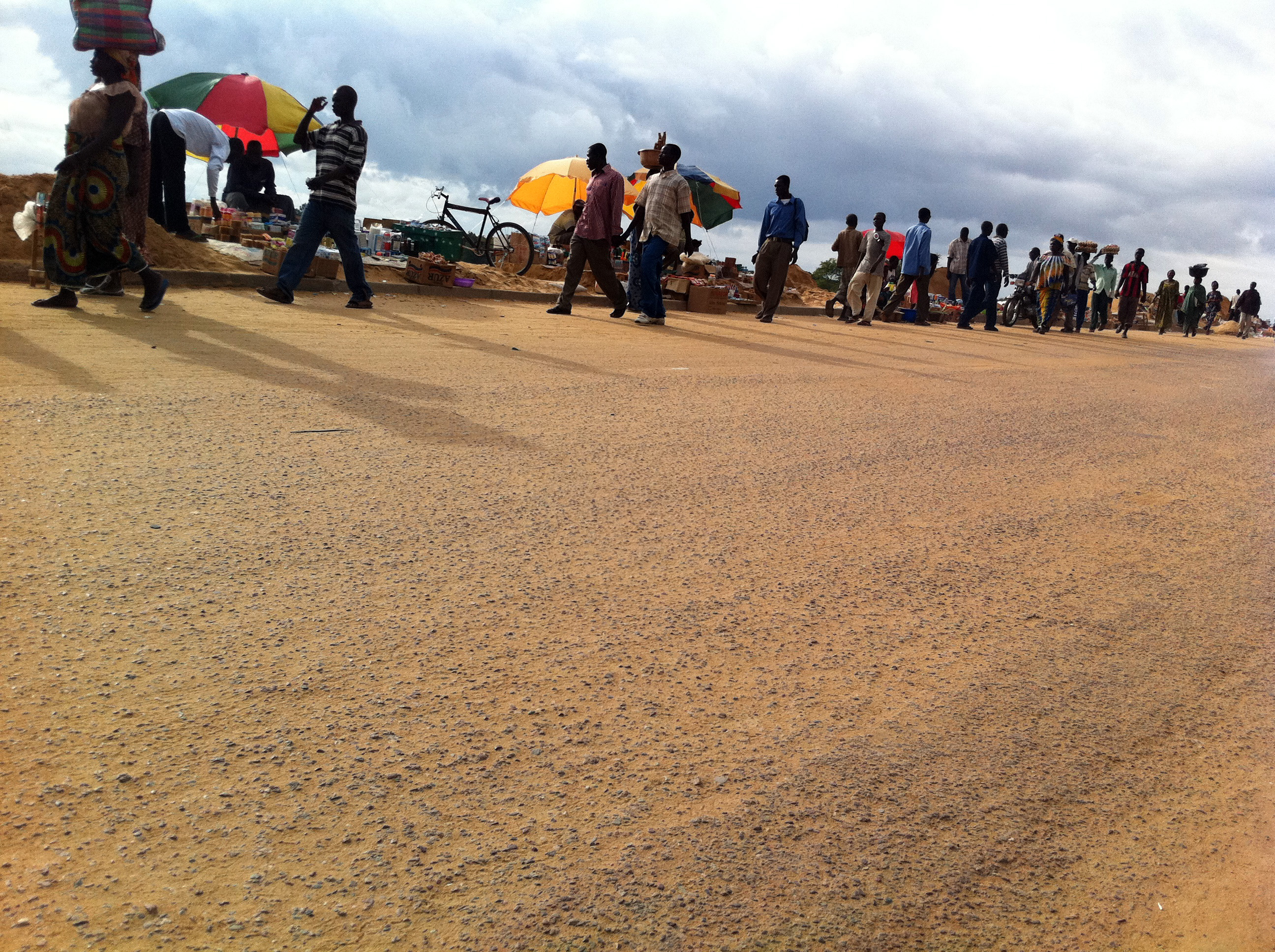Street scene in N'Djamena, the capital of Chad
Copyright© dolsets, via flickr, CC BY-NC-SA 2.0
Economic situation High dependence on oil exports
Following two years of recession as a result of the COVID-19 pandemic, the Chadian economy began to recover in 2022. In 2023, gross domestic product (GDP) rose by 4.1 per cent. According to the International Monetary Fund (IMF), GDP is set to grow by 3.2 per cent in 2024, with similar figures being expected in the years to come. However, the country’s economic development is subject to various risks, including sinking oil prices, political instability, regional conflicts or climate change-induced natural disasters.
In 2017, the government of Chad put forward a National Development Plan for the period until 2021 which was aligned to the goals set by the United Nations in its 2030 Agenda and the African Union in its Agenda 2063 (External link). However, there was a lack of political will and funding for its successful implementation. The follow-up plan, announced for 2022, has still not been published (as at October 2024).
According to the latest SDG Index (External link), which assesses the progress made towards achieving the 17 Sustainable Development Goals, Chad ranks 165th out of 167 countries evaluated.
Underinvestment in the economy and infrastructure
Poor economic diversification is a significant problem. A substantial share of government revenue comes from oil production, while other economic sectors are underdeveloped. The country is therefore highly dependent on developments in the global commodities markets.
Chad does not have a functioning market economy and there is a shortage of private investment capital. The road system in Chad is inadequate. During the rainy season, large areas of the country are inaccessible by road. Given Chad’s landlocked position and the long distances to seaports, this is a major development constraint.
Around 70 per cent of the population depend on agriculture for their livelihoods, primarily on subsistence farming. Agricultural yields fluctuate considerably due to the increase in extreme weather events such as climate change-induced droughts and floods. This exacerbates existing conflicts over soil and water.
Debt crisis
According to estimates by the World Bank and the IMF, Chad’s risk of debt distress is high. The collapse of oil prices triggered by the COVID-19 pandemic put substantial pressure on its public finances. Chad is the first country to have applied to restructure its debt under the G20’s new Common Framework for Debt Treatments beyond the DSSI. In late 2022, an agreement was reached that paves the ground for further funding being provided by the International Monetary Fund. However, an increase in oil prices has led to a postponement of debt restructuring. Germany is not one of Chad’s creditors.
As at: 15/11/2024
